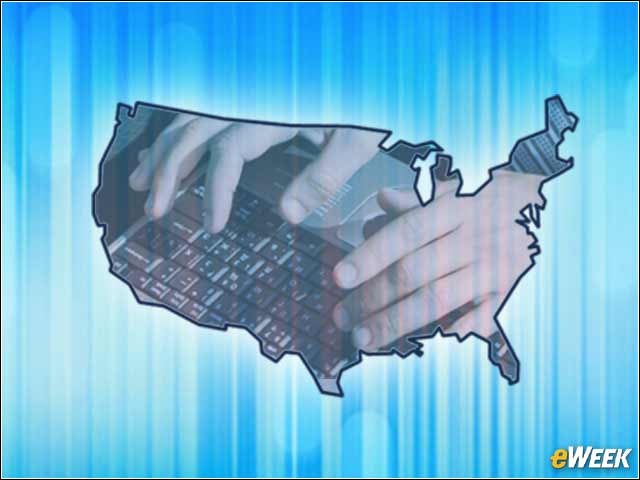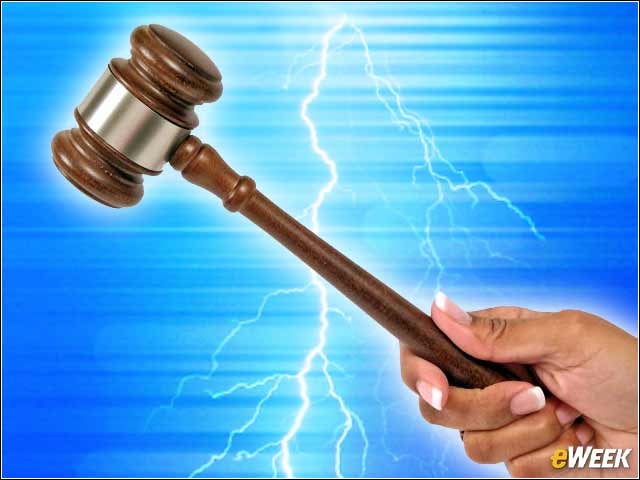eWEEK content and product recommendations are editorially independent. We may make money when you click on links to our partners. Learn More.
2The FCC Is Against the Ruling
3Prioritization Is Possible
Although the major ISPs are saying that the appeals court ruling won’t change anything, the truth is that prioritization is a real possibility. So, ISPs might charge more for big-bandwidth sites or ratchet back those sites that aren’t nearly as popular. The crux of network neutrality is this: Who will get special treatment and who will qualify for it?
4Network Neutrality’s Fate Is Too Important to Be Left to the Courts
5Big Web Companies Will Prosper No Matter What
There’s a general belief in the industry that major Web companies, like Google, could actually prosper if network neutrality is struck down. There’s a sense that Google, Facebook and others, being the service providers’ best customers, won’t have to deal with any bandwidth restrictions and can afford to pay any increased service charges in any event. Only smaller Web companies will suffer.
6Small Startups Could Be Hurt
If network neutrality is killed, small companies and startups could find themselves at a competitive disadvantage. Internet service providers would have to offload the cost of major sites to smaller ones, effectively limiting the chances for small Web companies to grow into giants. Perhaps that’s why so many in Silicon Valley are so upset with the recent ruling.
7For Now, Internet Regulation Is on Hold
After the 2008 financial collapse that rocked the world economy, Internet regulation and network neutrality became a hot-button issue. With the appeals court’s decision, the question becomes whether there will be any regulation on Web access. Free market advocates say lack of regulation is a good thing and competitive forces ensure service providers deliver equal access at fair prices. But Internet access is a public utility that has become essential for private citizens as well as business interests. Without some regulations, some people and businesses could be harmed.
8Civil Rights Advocates Are Concerned
African-American organizations are concerned with the recent decision by the appeals court. In fact, Color of Change, an organization aimed at “strengthen[ing] Black America’s political voice,” issued a statement on the open Internet, saying that it could limit the African-American community’s “ability to be heard,” adding that “millions of Americans … count on the free and open Internet to go about the essentials of our daily lives.” Sometimes, Web issues go beyond profits.
9Competition on the Web Could Suffer
If service providers start throttling bandwidth or increasing bandwidth costs based on usage, some smaller companies could have trouble growing their traffic or paying the higher costs. If the ruling stands, it effectively paves the way for ISPs to charge companies for their bandwidth usage and could conceivably slow down connections to certain sites. This could reduce competition on the Internet because such a policy will favor the bigger, richer companies to the detriment of smaller ones.
10The FCC Can Change the Rules
Speaking to Re/code in an interview published on Jan. 15, law professor Susan Crawford, who has been studying network neutrality for years, said it’s entirely possible that the FCC, in addition to appealing the ruling, could reclassify broadband services as “common carriage.” By doing so, the FCC could conceivably have a workaround against the ruling and get the free and open Internet back on track. Whether it’ll do that, though, remains to be seen.
11Another Political Mess
So, why might the FCC balk at making any swift moves to overturn the ruling or modify its policy to resolve current legal objections? There is always politics. Many lawmakers—largely Republicans—have said that if the FCC goes too far in enforcing network neutrality, they would attempt to cut the agency’s budget. Lawmakers against the FCC have argued that “federal bureaucrats” should not be able to decide how communication is conveyed over the Web. In other words, expect a political uproar over this one.










